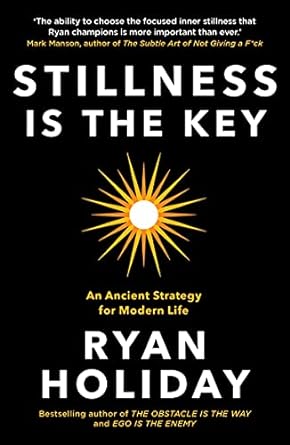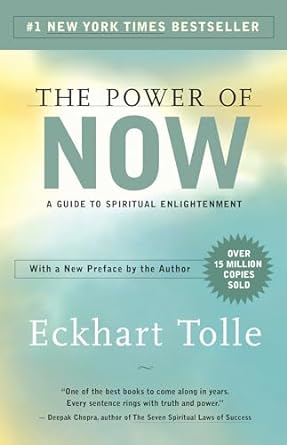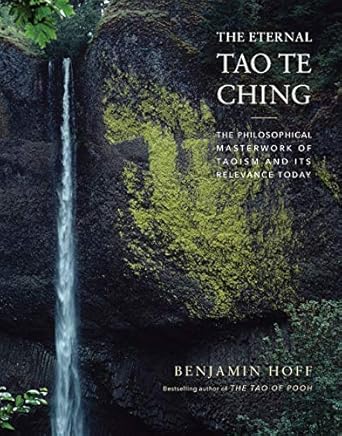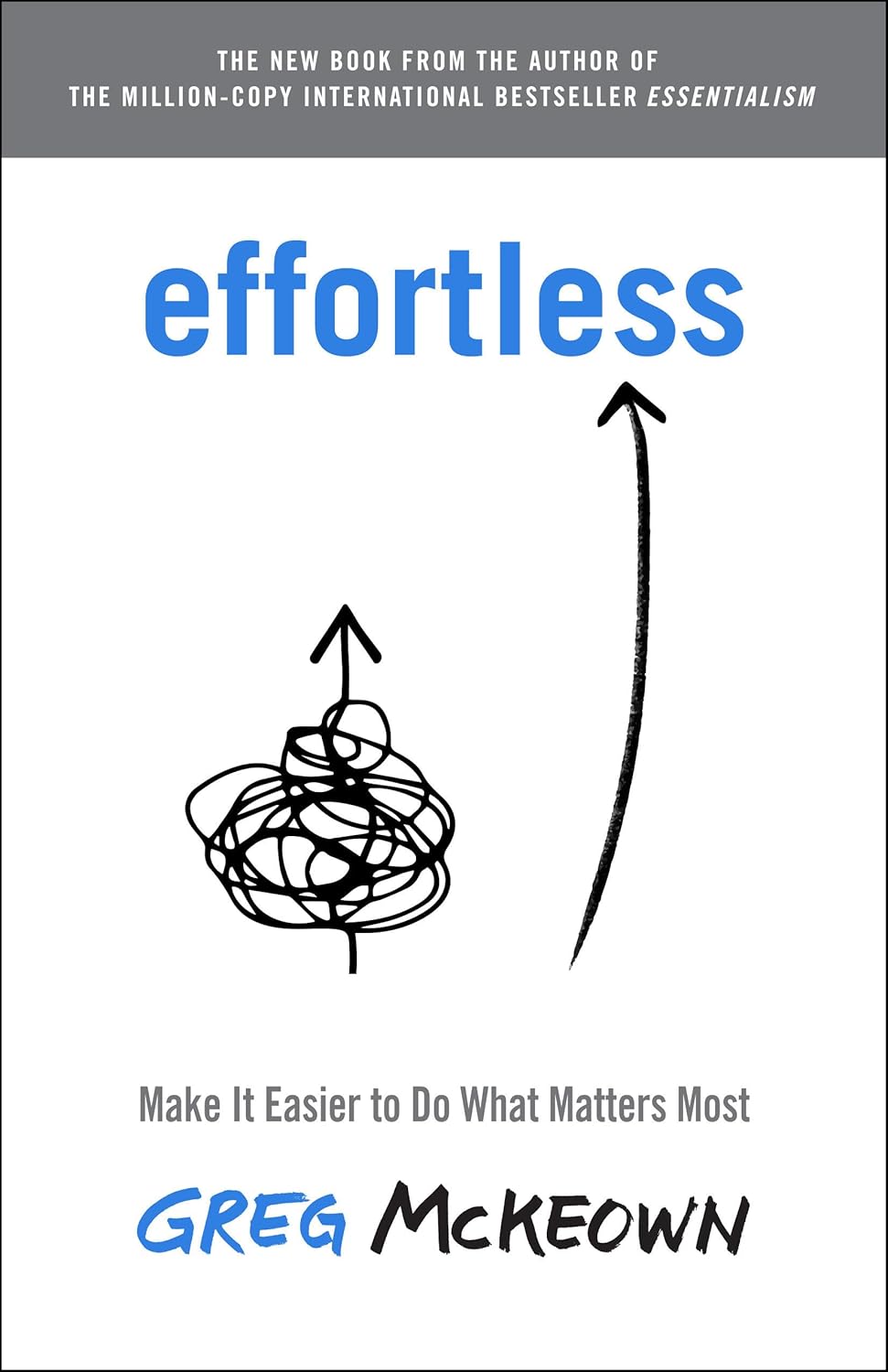Wu Wei
A Taoist principle that generally translates to "action without action".
Key Insights & Principles
Life Advice & Decision Making
Insights:- Problems are not solved by rushing, solutions require pause and thought.
- Resisting an opposing force requires that you match or better that force.
- Inaction requires the force of inner strength, focus, and alertness.
- Stop and think before acting.
- Say "no" more often, and get better at it.
- Aim to accomplish goals with less.





